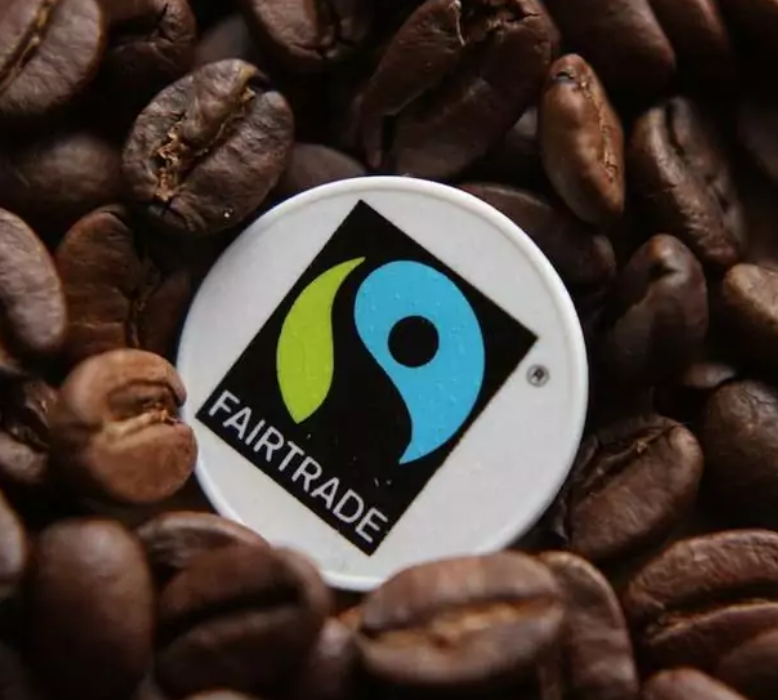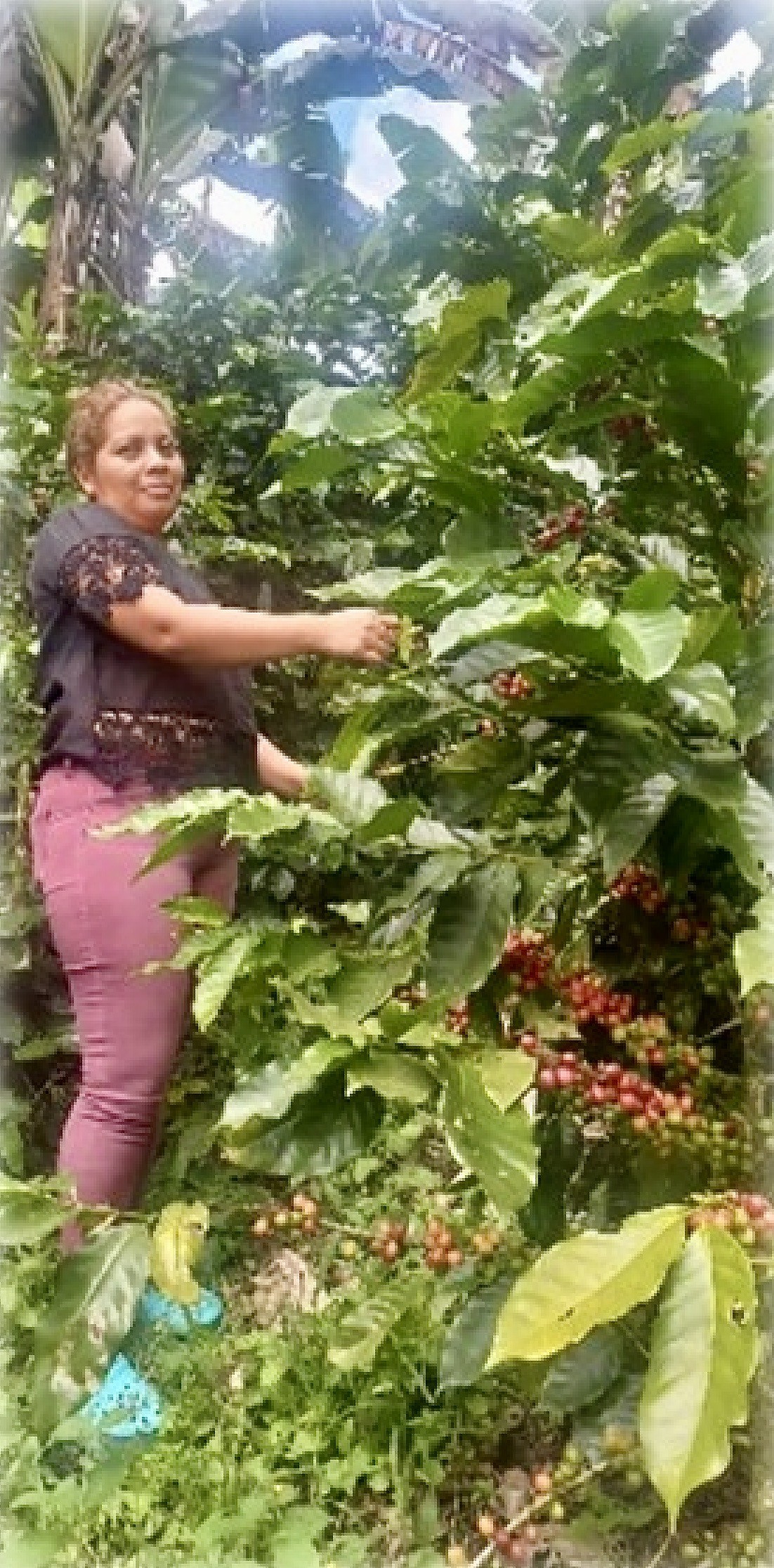Food Justice
Why buy Fairtrade?
By Nicola Deschamps

As climate change, poverty, and unfair trade continue to affect millions around the world, choosing Fairtrade is a simple but powerful way to support farmers and workers facing these challenges every day. Nicola Deschamps explores how Bristol is championing Fairtrade – and why your next cup of coffee could be part of a global movement for change.
By buying Fairtrade-certified products, customers make a choice that has far-reaching benefits. Their choice ensures fair wages and prices for farmers and workers in low-income countries, promotes safe working conditions, encourages ethical and sustainable production practices and helps protect the environment.

Fairtrade International owns and protects the FAIRTRADE Mark, which is used in over 69 countries and appears on a wide range of products. The UK member of Fairtrade International is the Fairtrade Foundation. This independent non-profit organisation licenses use of the Mark to UK businesses that comply with internationally agreed Fairtrade standards and have been successfully audited by FLOCERT, an independent social auditor and certification body for Fairtrade.
The distinctive Fairtrade certification mark is often seen on coffee. Up to 75% of the world’s coffee is grown by smallholders who struggle with low incomes. Coffee is a highly climate-sensitive crop, so changes in rainfall and weather patterns can threaten whole harvests. Climate change, together with fluctuating coffee bean prices, pose significant threats to non-Fairtrade coffee farmers. The benefits of Fairtrade certification for cooperatives and businesses are extensive – it supports farmers and workers in safeguarding their land, health and livelihoods, while motivating businesses to pay a consistently fair minimum price for products.

Working in partnership with the Bristol Fair Trade Network, Bristol Link with Nicaragua funds a trip to the UK for a Fairtrade coffee producer who visits Bristol to speak with local children about the life of a coffee grower, their family, the challenges of climate change and the positive impact of being a member of a Fairtrade cooperative. Additionally, the partnership hosts a public event – an afternoon tea – to raise awareness in Bristol about the importance of Fairtrade to growers, their families and communities. This year marks the second consecutive year of this public event. For most growers, travelling to the UK represents their first experience of air travel and visiting another country. But their passion for their farm and commitment to Fairtrade give them the confidence and motivation to spread the word.
The Fair & Fabulous Afternoon Tea event will be held at Sparks Bristol on Saturday 10 May. From 1.30-3.00pm, participants can enjoy a delicious tea from Bristol-based baker Busy V Bakery while listening to Rosibel Ruiz, this year’s Fairtrade coffee producer from Nicaragua, who will share her story about the difference Fairtrade has made in her life, providing personal insight into the connection between bean and drink.

Rosibel will speak in Spanish, with an interpreter from the University of Bath translating into English. Also, Charlotte Jackson from Bristol Food Network will talk about Bristol Good Food 2030 and the city’s plans for a more sustainable food system. The event coincides with World Fair Trade Day, an annual event celebrating Fairtrade’s contribution to fighting poverty, exploitation and the impacts of climate change. Find out more about the Fair & Fabulous Afternoon Tea event at Sparks this Saturday.
Bristol Fair Trade Network is run by volunteers dedicated to promoting a fairer trade system and an ethical way to shop in Bristol. It encourages Bristolians to buy Fairtrade and helps promote local suppliers that stock Fairtrade products such as Wogan coffee, speciality coffee roasters, wholefood co-operative Essential, health food store, Scoopaway, independent retailer and café Better Food and Cotton Smiles, a producer of Fairtrade-certified organic cotton products, as well as many other stockists.

Buying a morning coffee made from Fairtrade beans is just one of the many ways Bristolians can support ethical trading practices and help create a better and fairer world. Another option is to volunteer with Bristol Fair Trade Network to help raise awareness among local businesses and the public about making ethical choices. For more information about volunteering, email elaine@miltash.co.uk.
Find out more about the Fair & Fabulous Afternoon Tea event at Sparks this Saturday 10 May and stay updated on future events, job opportunities and news by signing up for the monthly Bristol Good Food Update at bristolgoodfood.org/newsletter.
Nicola Deschamps is a registered nutritionist, author, and editor: targeteditorial.co.uk.
So, what change do you want to see happen that will transform food in Bristol by 2030? Do you already have an idea for how Bristol can make this happen? Join the conversation now.
* Required field